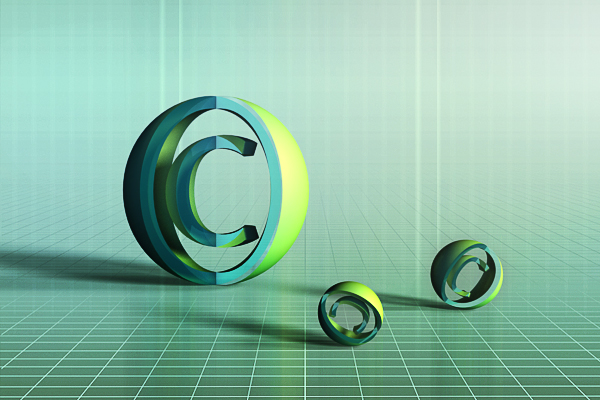The Repair Association is fighting the manufacturing industry for your “right to repair everything.”
Today, with big corporations dominating the manufacturing industry, it is typically difficult for consumers to find specific parts to fix any kind of technology. The Repair Association is an organization hoping to help make the parts accessible to everyone.
With groups like iFixit, Fixer’s Collective, and the Electronic Frontier Foundation, the association is asking manufacturers to sell tech parts along with instructions on how to fix the product without professional help needed.
“A free, independent market for repair and reuse is more efficient, more competitive, and better for consumers,” the association writes on its website. “Repair helps create local jobs, and repair and reuse benefits the environment by reducing end-of-life electron products.”
Apart from the demands for the manufacturing industry, the association also aims to amend the Digital Millennium Copyright Act to address the growth of a self-taught consumer base.
Not only does iFixit sells repair parts, but the company also provides online guides for individuals seeking to fix their appliances independently. But due to Section 1201 of the DMCA’s “anti-circumvention” provision, people are not allowed to tamper with technology that has copyrighted software.
“Under U.S. copyright law, you’re not allowed to modify protected software or look at it—even for the purpose of repair,” Kyle Wiens, CEO of iFixit says. “Manufacturers are using other parts of copyright law to restrict outside access to service manuals, schematics, and repair instructions. They are developing an unfair monopoly over the aftermarket of their goods.”
As unjust as it is, the monopoly is defended by lawyers and lobbyists, says Wiens. The Repair Association is needed to represent repairmen, women, local business, to fight for their right to repair.
“We aren’t just fighting for your right to repair smartphones and computers—we are fighting for your right to repair everything,” Wiens says.
Article via Good, 4 February 2016
Photo: Mobile Butchery by Meena Kadri [Creative Commons Attribution-NonCommercial-NoDerivs]





